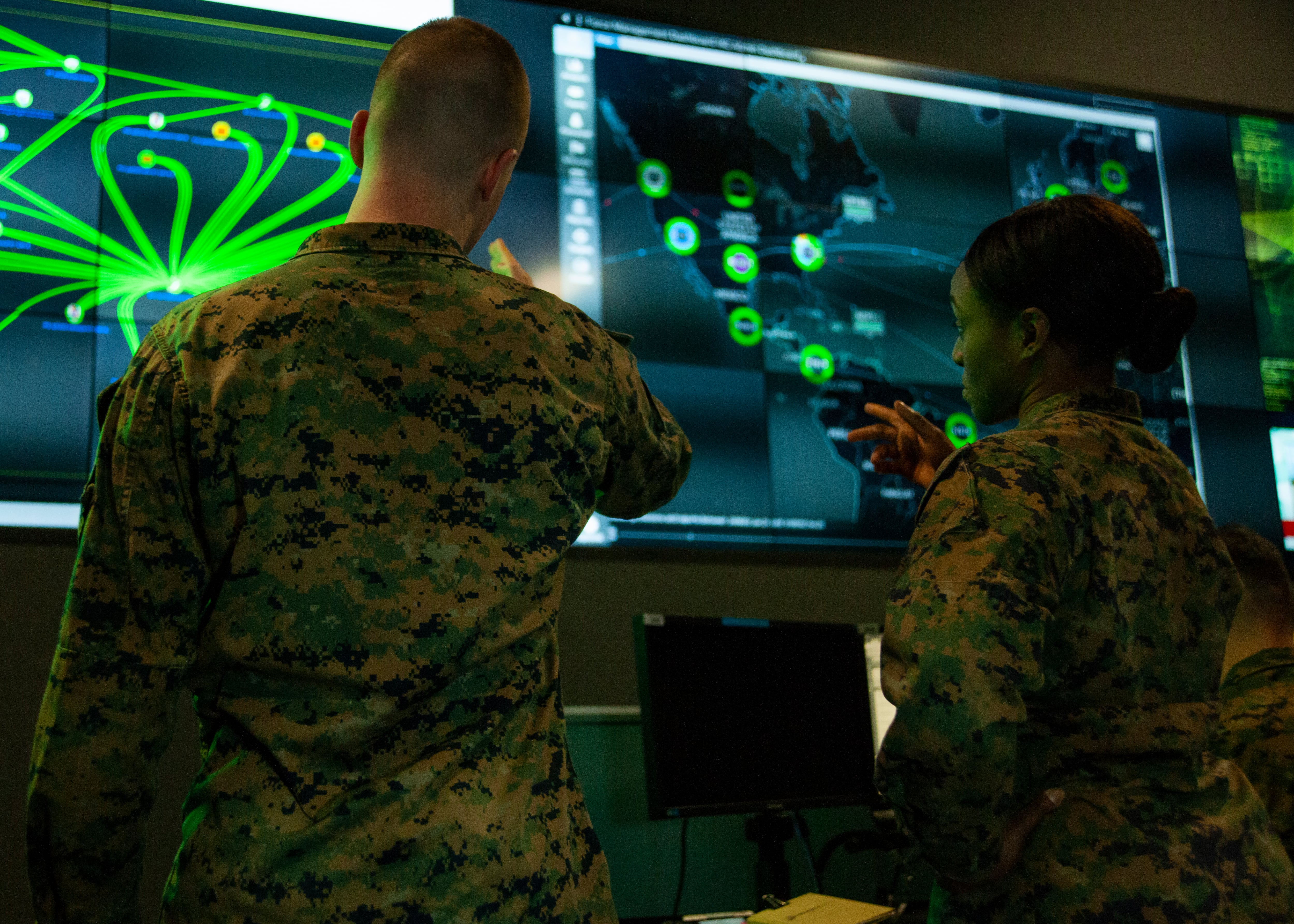WASHINGTON — The United States ranks as the world’s top cyber superpower, according to a new study published June 28.
The report, from the International Institute for Strategic Studies (IISS), looked to use new frameworks and analysis to assess 15 countries’ cyber power. The two-year study was intended to assist decision makers by highlighting those cyber capabilities that make the greatest difference to national power. It also aimed to governments and corporations calculate strategic risk and investment.
As part of their work, the authors examined nation’s capabilities under seven categories:
• Strategy and doctrine
• Governance, command and control
• Core cyber-intelligence capability
• Cyber empowerment and dependence
• Cyber security and resilience
• Global leadership in cyberspace affairs
• Offensive cyber capability
The United States was the only nation that ranked in the top tier, meaning it possesses world leading strength in all categories.
Nations in the second tier have world-leading strengths in some categories. Those countries included Australia, Canada, China, France, Israel, Russia and the United Kingdom.
The third tier – which included India, Indonesia, Iran, Japan, Malaysia, North Korea and Vietnam – possess strengths or potential strengths in some categories, though significant weaknesses in others.
The U.S. remains the most capable cyber state, the report read, largely due to significant investments and “clear political direction for the pursuit of national cyber power” since the mid-1990s. Moreover, the U.S. possesses a world class cyber intelligence capability with global reach and is amplified by integrated partnerships with other highly cyber capable states.
However, the ubiquity of cyber tools, complexity of systems and the U.S.’s digital reliance has given an edge to adversaries and unsophisticated cyber techniques aimed to subvert U.S. power and companies.
“Doctrinal shifts such as persistent engagement and defend forward are designed to redress this imbalance,” the authors wrote. “Nevertheless, the US performs strongly across all categories of the methodology and is alone in Tier One.”
U.S. allies possess strong general cybersecurity across government and industry as well as strong intelligence capabilities and cyber tools with clear political direction.
U.S. adversaries – namely Russia, China, Iran and North Korea – while capable, still lag behind top U.S. allies. However, when it comes to purely offensive capability, the report notes that Russia and China probably surpass all other nations except the U.S. Moreover, the authors note key doctrinal differences between how Russia and China view “offensive cyber” versus western countries such as the U.S.
“For both China and Russia, what the West calls ‘offensive cyber’ is just the technical component of a wider information-operations capability. It is just one means of controlling their own information space, and subverting those of their adversaries, in what they see as an ongoing conflict of ideas with the West,” the report says. “It is therefore just as much an arm of those states’ propaganda machines, and a means of creating and delivering ‘fake news’, as it is a means of penetrating an adversary’s critical infrastructure.”
As a result, Russia and China may be devoting fewer resources than the U.S. in developing offensive military cyber capabilities, specifically that are designed to take out sophisticated critical infrastructure and networks during a conflict.
The report also notes that even the most powerful nations have struggled to shape durable policy frameworks for cyberspace.
“The dynamism of the cyber environment (in technologies, economics, politics and security affairs) has forced leading countries to undertake reappraisals and revisions to key strategy documents on an almost continuous basis,” the report says. “Our research confirms that all countries are still in the early stages of coming to terms with the strategic implications of cyberspace.”
Additionally, when it comes to military transformations, the authors state while several states have moved to reform their militaries, no state has yet made a transition into well-integrated and dispersed cyber capabilities for offense or defense.
The U.S. has probably gone the furthest in this pursuit, but potential military cyber power in the 2030s has yet to be demonstrated in practice.
Mark Pomerleau is a reporter for C4ISRNET, covering information warfare and cyberspace.








